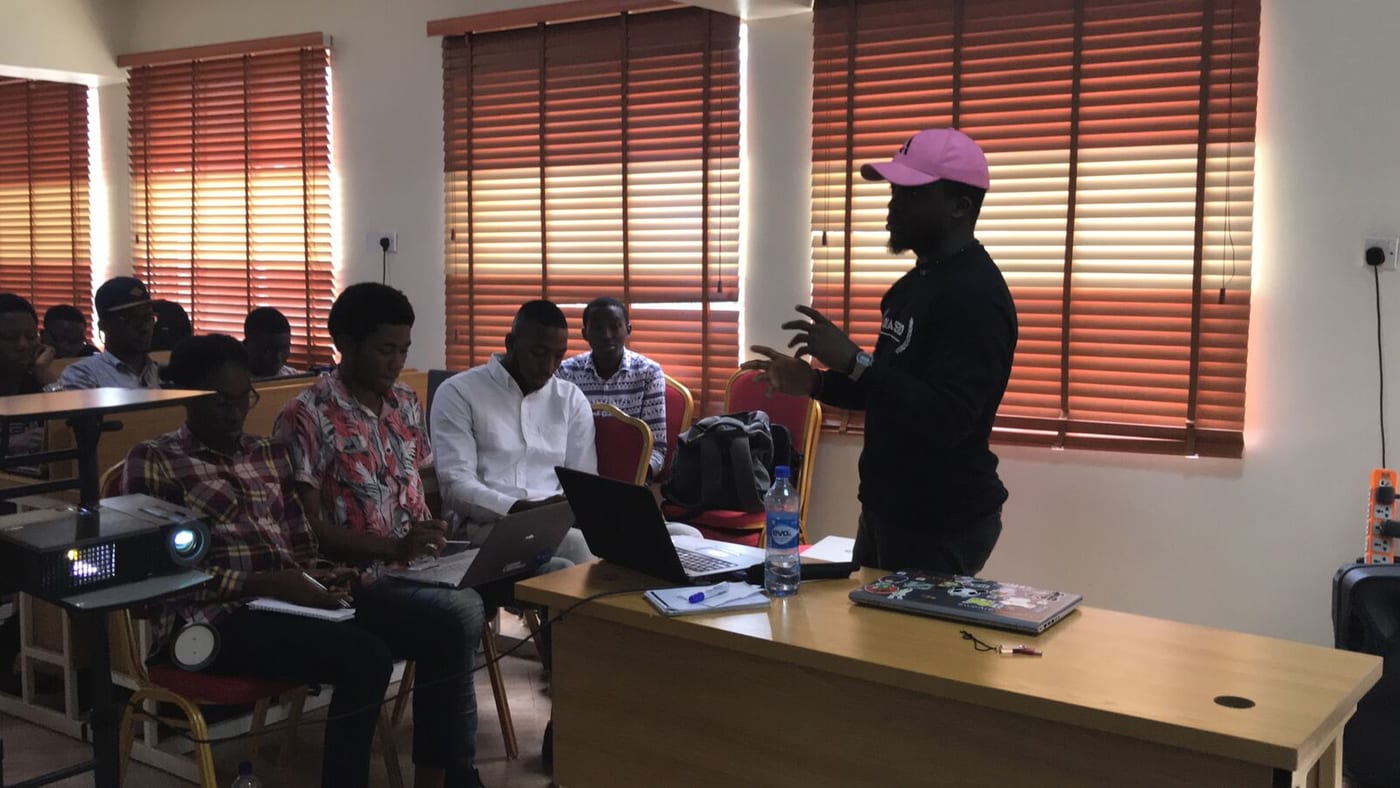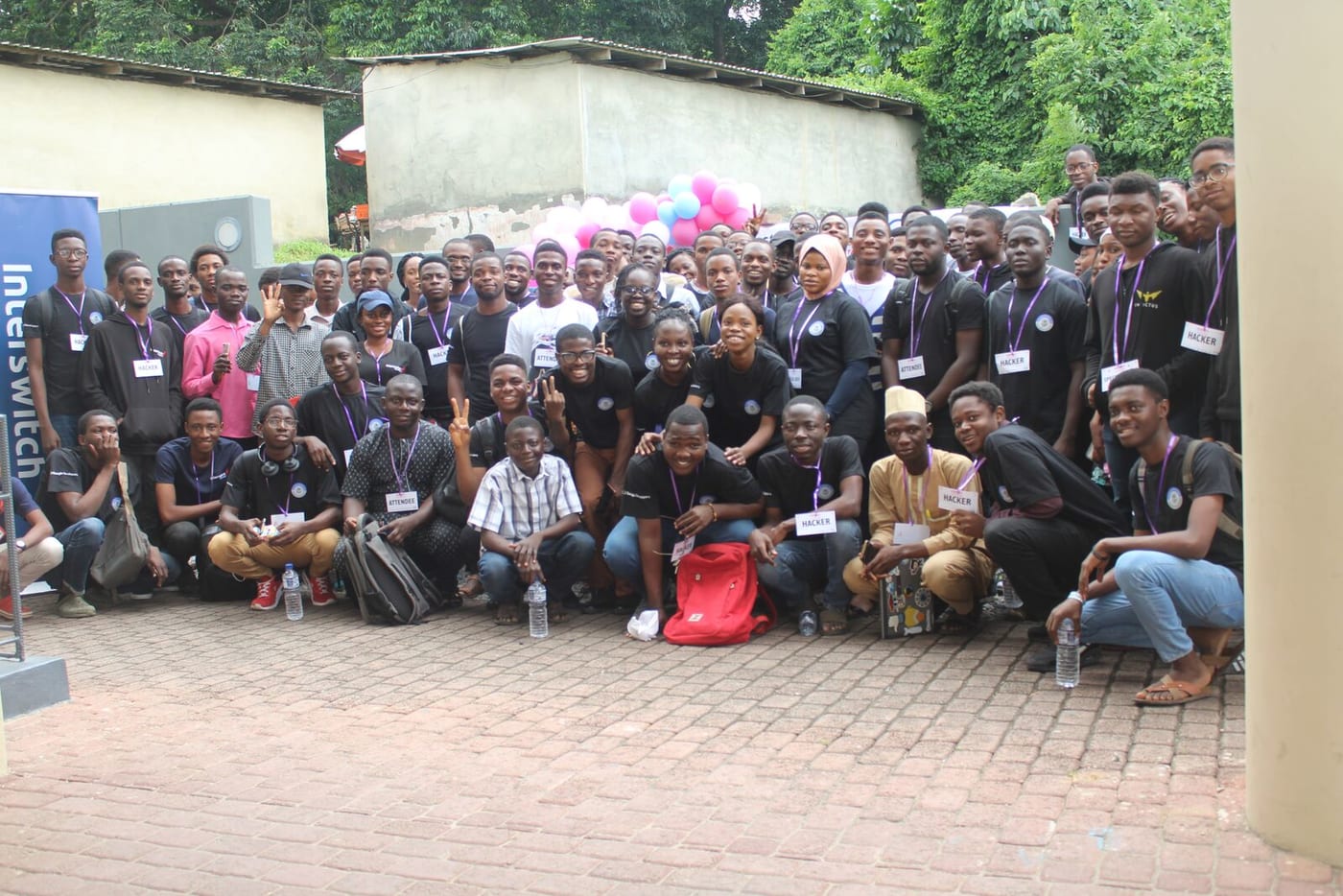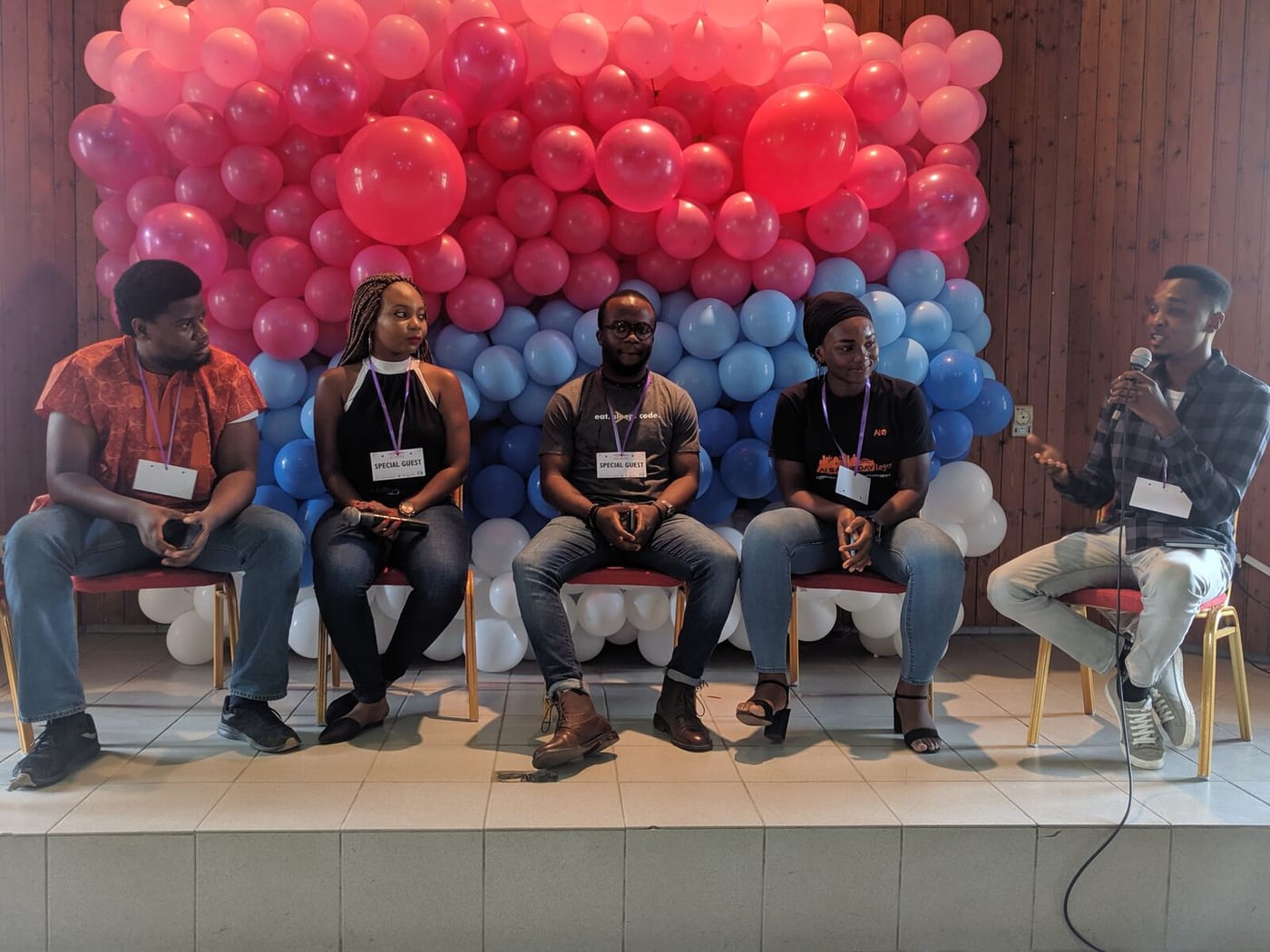Between July 29 and August 3, the Google Developer Student Community of the University of Lagos, Nigeria participated in a week-long hackathon called Open Hack Week (OHW). Sponsored by Cloudinary, Interswitch, the Ogundipe Foundation, and other notable organizations, OHW comprised 14 teams, five developers each. After six days of brainstorming and coding, the teams successfully built the minimum viable products (MVPs) for their projects, which they subsequently presented to all the attendees.
OHW’s main goal was to foster the programming skills of the team members by assigning them projects, some of which initiated in-house by the sponsors and others externally by nonprofit organizations (NGOs). As a Cloudinary media developer expert, I attended OHW as a mentor and as a technology evangelist of the Cloudinary APIs and add-ons, which effectively and efficiently process digital media, in particular images and videos, for fast loading and engaging display across all devices–a huge boost for web development. My demos took place on the first day.
In addition, I spoke to the teams about the importance of building accessible platforms by incorporating practices that would ensure that their products would be readily usable by the next billion users. Even if only as an MVP to meet the requirements of the hackathon, it’s worth doing it right the first time, I emphasized.

The OHW teams were tasked with building tools that could be adopted as-is by the sponsors, affording the team members an opportunity to join those companies at a future date in development or management roles for those tools. Following are five of the assignments:
- Build a shop-wise product that’s ready for direct sales to retail customers with no middleman involvement.
- Develop a tool that transacts peer-to-peer currency transfers across Africa, bypassing the local- currency-to-dollar-to-local-currency conversion loop.
- Design a human-resources tool that tracks employee profiles, performance, remuneration, and other activities from start of employment till exit. The tool would serve as an important management resource for performance analyses, employee appraisals, and business overviews.
- Create a certification generator for an online learning platform like Udemy.
- Build a project-management tool, slated for the Engineering team at Interswitch Group, that monitors the furtherance of assignments against deadlines, ranking the progress by means of a leaderboard.
Gratifyingly, representatives from some of the company sponsors were present to answer questions, volunteer insight, and participate in code reviews. Their support was invaluable and much appreciated.

Although not all the projects required media resources, a few teams enthusiastically leveraged Cloudinary’s manipulation capabilities for images and overlays to generate certificates of participation for the event. In addition–
- Team 11 built a website for the Ogundipe Foundation, storing and transforming all the related images with Cloudinary.
- Team 14 designed a version of their certification app with Cloudinary’s image-overlay capability.
At a panel session on the last day of OHW, the participants, many of whom the who’s who in the Nigerian tech ecosystem, chimed in on the future of information technology in Africa and encouraged the developer student community to keep building useful apps. Their comments were inspiring and well received.

OHW was an outstanding forum for learning interesting code concepts and best practices in building apps, also for sharing experiences in software development. The sponsors have high hopes that the student attendees will capitalize on the knowledge and experience they gained as they forge forward with their studies and, later on, their careers.
